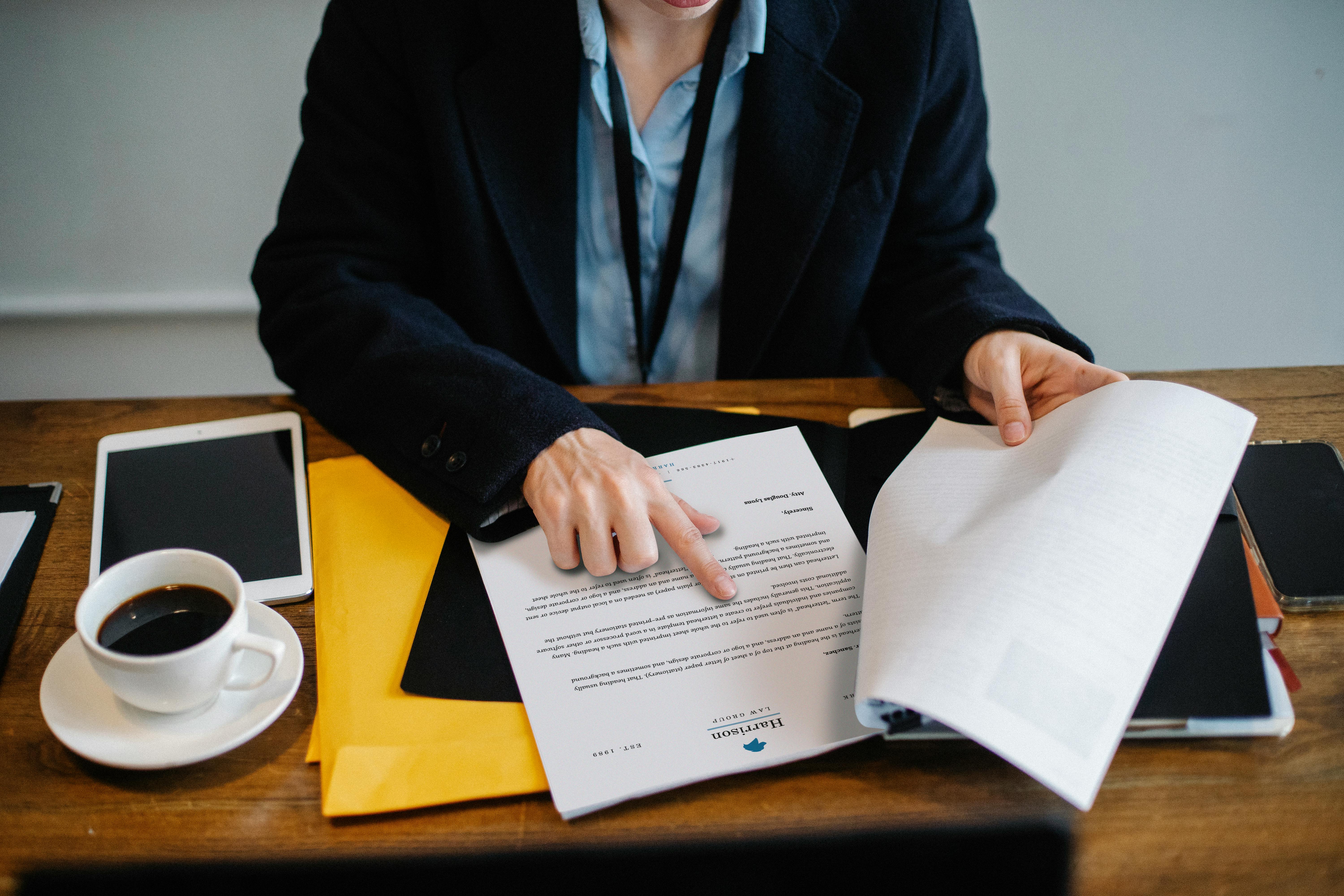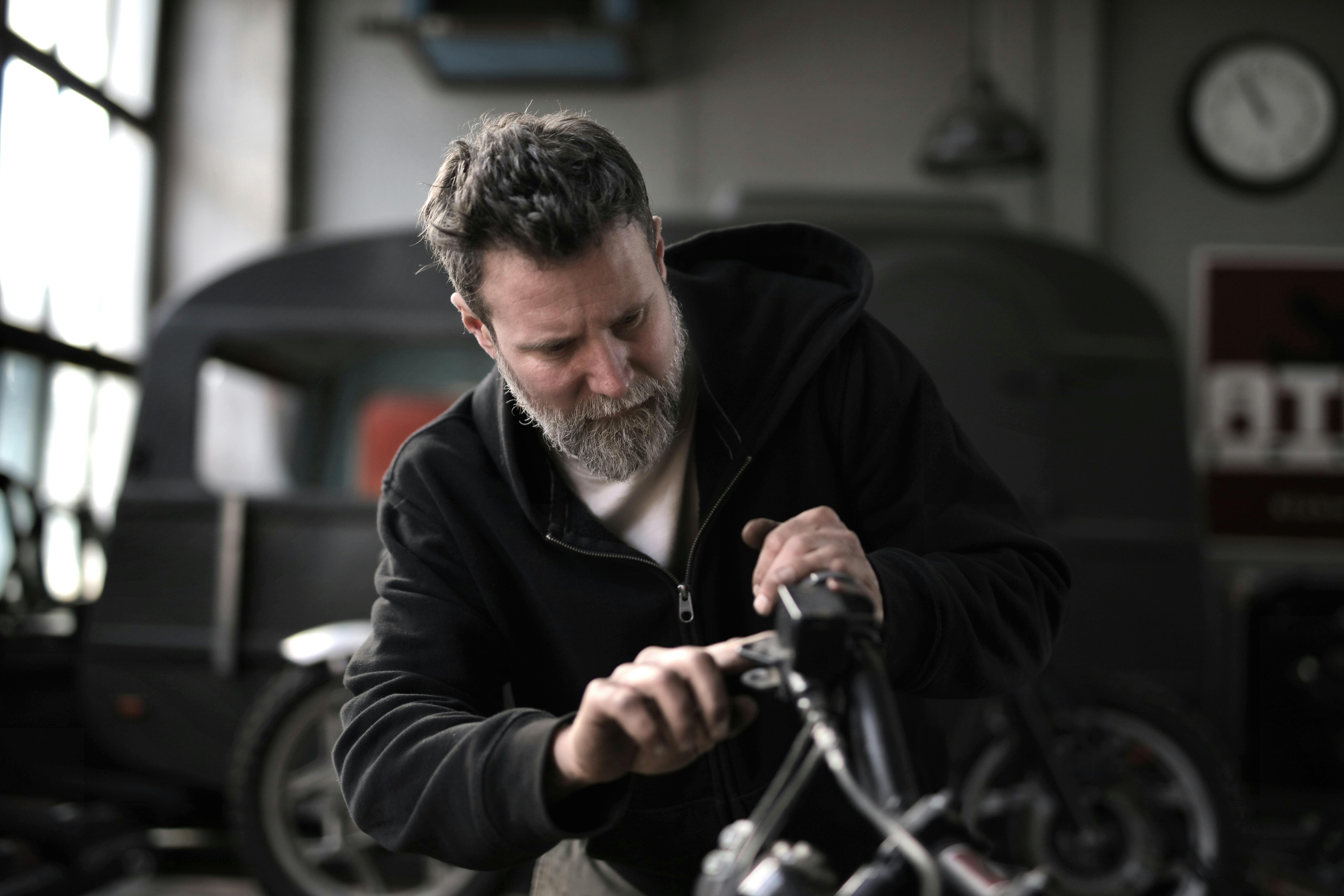
Renting, owning, leasing or borrowing equipment is considered
admin
- 0
If you are in business on your own, you may land a very large contract and then find that you don’t have the equipment you need to get the job done. It makes sense to get the best equipment to get the job done as efficiently as possible, but acquiring equipment also requires using the best financial strategy to get it done. If the job is going to finish quickly, you may not be using that equipment for quite some time, or maybe never again, in which case it makes sense to rent it instead of owning it.
Of course, maybe you can buy used equipment to get the job done, make sure it is maintained while you use it, and then sell it as used equipment when you’re done. If you are going to rent expensive equipment for a long period of time, it might make sense to buy it and then resell it later. Or, you may find that you can send your sales team out for more business of a similar type using that same team so that you can continue to use that team after the first job is done.
If you can pay cash for a piece of equipment that makes the most sense, that’s if you have cash to spare. If you take a very large account, that account may not pay you as fast as you would like and you will need the cash flow to pay for your labor and expenses until you are paid, therefore you cannot buy a piece of equipment with money you save or have previously earned. So it makes sense to lease the equipment, rent the equipment, or go out and borrow the money to buy the equipment.
Now, it is important to be aware of the fine print when it comes to leases because there are many types of leases, some offered by the company that makes the equipment and some are independent companies that work with the equipment company. Some of these companies pay a commission to the equipment company that sells the products to you. They may offer you a closed lease or a permanent lease. In a closed lease, you own the equipment after you have made all the lease payments. In an open lease, you must return the equipment, but when you do, it must be in working order; otherwise, you will have to pay for it or buy the lease.
This could result in you paying thousands of dollars to bring the equipment up to a fair and usable standard. It makes sense to know what you’re dealing with, equipment capabilities, maintenance costs, normal wear and tear, and then talk to a tax accountant and find out if it makes more sense to buy or lease it. . If you rent it, you need to know what type of lease it is, and if you are borrowing money to buy it, you also need to factor in those costs, along with any accelerated depreciation program tax strategies you might use. In fact, I hope you will please consider all of this and think about it.

